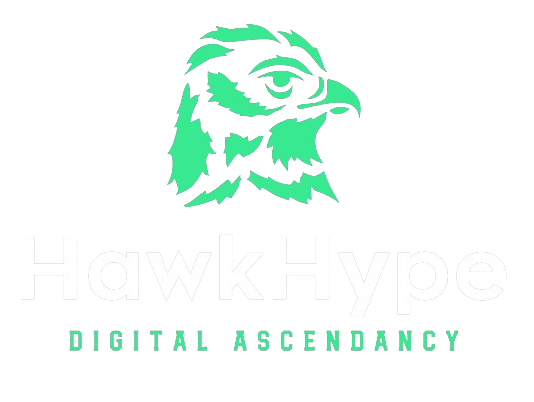The Importance of a Strategy-Led Approach in Influencer Marketing
In the ever-evolving landscape of digital marketing, the significance of a strategy-led approach in influencer marketing cannot be overstated. A well-thought-out strategy serves as the foundation for identifying influencers who not only have a substantial following but also resonate with the brand’s values and target audience. This alignment is crucial for ensuring that the brand message is conveyed authentically, thereby fostering trust and credibility among consumers.
Strategic planning in influencer marketing facilitates the creation of more meaningful and authentic partnerships. By carefully selecting influencers whose personal brand aligns with the company’s mission and values, brands can ensure that their marketing messages are delivered in a genuine and relatable manner. This authenticity is key to higher engagement rates, as consumers are more likely to interact with content that feels sincere and trustworthy.
Furthermore, a strategy-led approach enables brands to set clear goals and Key Performance Indicators (KPIs) for their influencer campaigns. These metrics are essential for measuring the effectiveness of the campaigns and determining the Return on Investment (ROI). By establishing well-defined objectives, such as increasing brand awareness, driving website traffic, or boosting sales, brands can more accurately assess the impact of their influencer marketing efforts.
In addition to enhancing engagement and ROI, a strategic approach allows for better resource allocation and budget management. By understanding the specific goals of the campaign, brands can allocate their resources more efficiently, ensuring that their marketing dollars are spent on initiatives that are most likely to yield the desired outcomes.
In conclusion, adopting a strategy-led approach in influencer marketing is indispensable for achieving success in today’s competitive digital landscape. It not only helps in identifying the right influencers and fostering authentic partnerships but also ensures that campaigns are goal-oriented and measurable. By prioritizing strategic planning, brands can maximize their engagement and ROI, ultimately driving more significant and sustainable growth.
Unleashing the Power of Human Connection in Content Marketing
In today’s digital landscape, making human connection the focal point of content marketing initiatives can significantly enhance the impact and resonance of a brand’s message. A strategy-led approach that prioritizes human elements allows for the cultivation of genuine connections with the audience, fostering a sense of loyalty and community. One of the most effective techniques for achieving this is storytelling. By sharing authentic stories that reflect the brand’s values and mission, companies can create relatable and emotionally compelling content that resonates with their audience on a deeper level.
User-generated content (UGC) is another powerful tool for building human connections in content marketing. Encouraging customers to share their experiences and feedback not only provides authentic content but also empowers the audience by making them active participants in the brand narrative. This can lead to higher engagement rates as consumers feel more valued and connected to the brand. Additionally, personalized interactions, such as tailored recommendations and customized communication, can enhance the customer experience by addressing individual needs and preferences, further solidifying the bond between the brand and its audience.
Focusing on human connection in content marketing offers numerous benefits. Increased brand loyalty is one of the most significant advantages, as consumers are more likely to remain loyal to brands that they feel a personal connection with. Higher engagement rates are also a notable benefit, as content that resonates on a human level tends to spark more interaction and sharing among audiences. Moreover, building a strong community around the brand can lead to long-term relationships and advocacy, which are invaluable for sustained growth and success.
Several successful campaigns have effectively utilized human-centric content marketing strategies. For instance, Dove’s “Real Beauty” campaign leveraged storytelling and UGC to challenge beauty standards and foster a sense of empowerment among its audience. Similarly, Airbnb’s “Belong Anywhere” campaign used personalized stories to highlight the diverse and inclusive nature of its community, resulting in a stronger, more engaged customer base. These examples illustrate the profound impact of integrating human connection into content marketing, demonstrating its potential to transform brand narratives and drive meaningful engagement.

